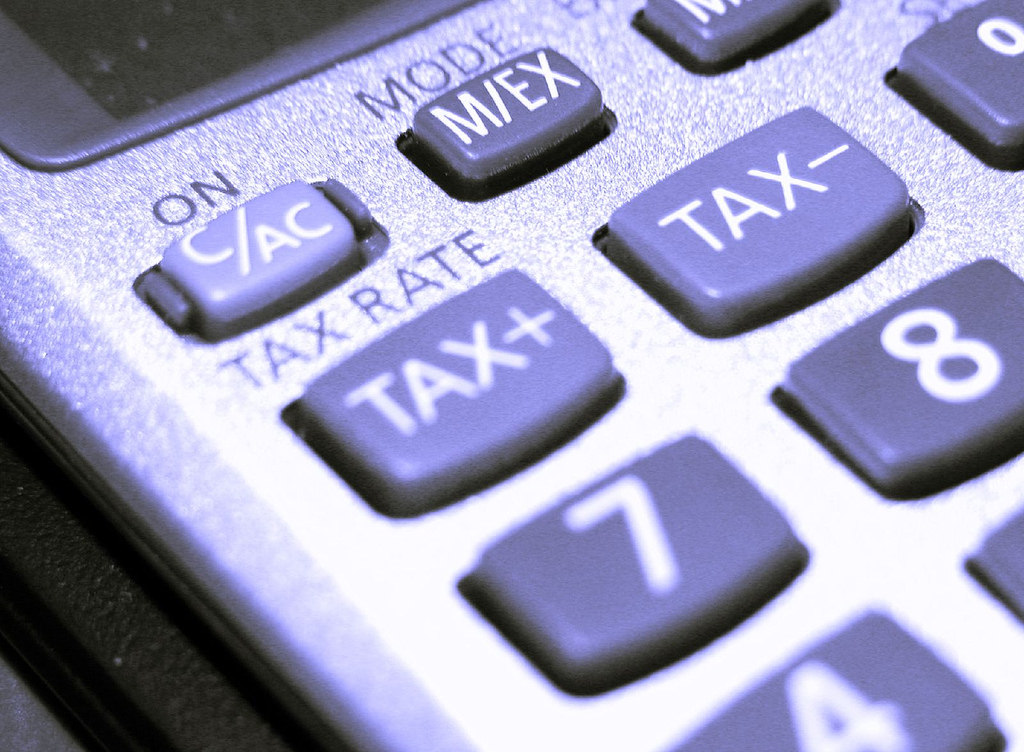Corporation Tax – or Corp Tax – is one of those things that makes the headlines every so often and it’s now back in the news! A few years ago, reports came out that international companies such as Google, Facebook and Starbucks weren’t paying enough UK Corp Tax. A few years after that, Corp Tax was reduced, but there’s a lot of discussion in the run up to the election whether it should be raised to provide future Government spending money.
That doesn’t really answer the question; what exactly is Corporation Tax?
Put simply, the Government takes a percentage of all companies’ profits. Once a company has paid their salaries, rent, suppliers and everything else, what’s left over is profit and (currently) companies give 19% of it to HMRC at the end of the year.
The news on big companies not paying UK Corp Tax was because money that was made in the UK was legally moved to other European headquarters, where Corporation Tax was lower. Many felt that money made in the UK should be taxed in the UK and after the headlines, many companies started paying more UK Corp Tax.
So how does it affect small business owners?
Many small businesses run as Limited Companies, which only employ one or two people. If you are the only employee of your limited company, then it can make a difference to how much tax you pay, and whether it’s Corp Tax or personal Income Tax.
Imagine your one-person limited company took £20,000 last year. If you have no other expenses and pay yourself all £20,000 in salary, there’d be no profits, so wouldn’t need to pay Corp Tax. You would however, need to pay personal Income Tax. You can pay yourself less so your company has profits, but then you’d need to pay Corp Tax. The difference is that Income Tax is 20%, but currently Corp Tax is only 19%, so for a one-person limited company, it’s possible to save some money by paying Corp Tax over Income Tax. Obviously if you have more expenses, you pay less Corp Tax – so every salary and supplier you have to pay reduces the amount of profit you have.
Once the Corp Tax is paid, then the profits left can be paid to the company directors as dividends – and everyone has a personal allowance for director dividends that they can receive tax-free!
Corporation Tax is meant to be the fairest way of collecting taxes on companies as it only affects their profits – so the more they make, they more they can afford to pay. For small one or two-person businesses, the idea of paying more Corp Tax can be worrying as profits tend to be much smaller and margins tighter. Paying more in Corp Tax reduces the amount left over in post-tax profits that can be paid to the company directors in dividends, which can leave some directors earning less. If the suggested Corporation Tax rate rises to 26%, then company directors may find it more cost effective to pay their directors more in salary.
What may be comforting to know is that the current rate of 19% is the lowest flat rate the UK has ever had; when Corporation Tax was introduced it was 40% – and has been as high as 52%! Whether it goes up or down, there are no plans to put it back to as high as it was back in the old days!

